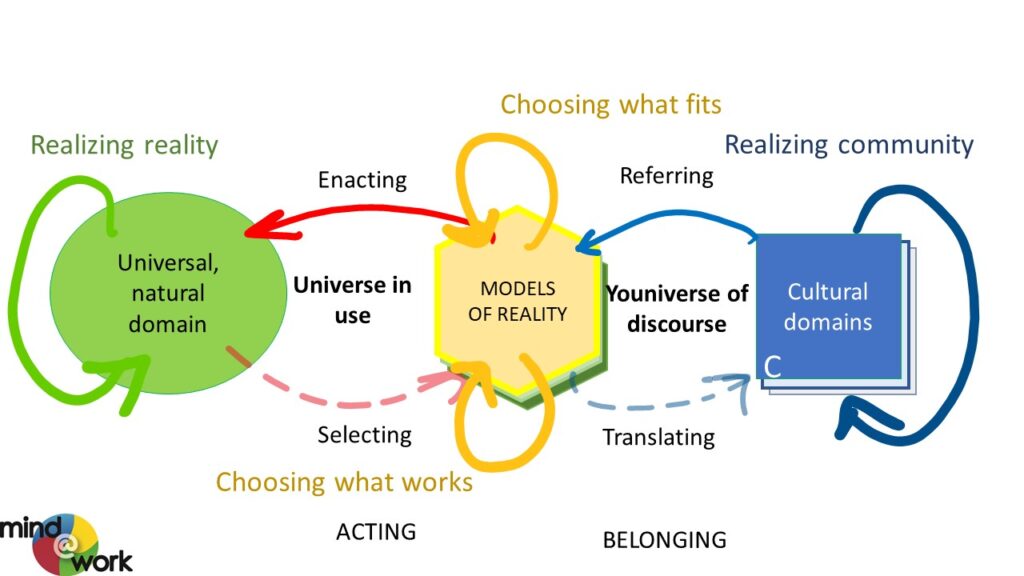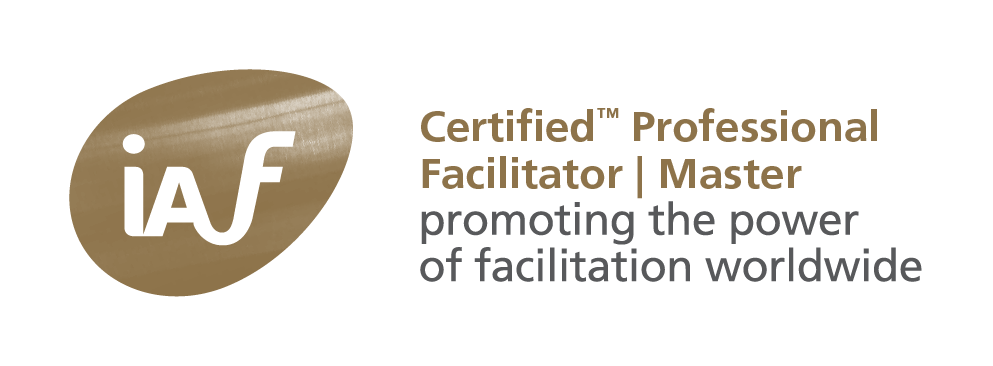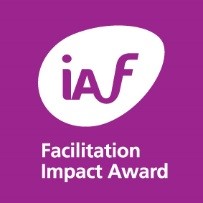Heinz von Foersters ethical wrote a his imperative ““Heinz, act always as to increase the number of choices”. As we usually try to reduce uncertainty, ambiguity and doubt, this seems contraproductive. In facilitating, one increases choices, as a choice made together actually improves the community, making a community of practice. It also leads to more effective resolutions as “wrong” decisions will be detected and corrected sooner.
Paradox of choice
Choosing always induces paradox. Choosing means making a distinction (left – right; good – bad; forwards – backwards, …), which cannot be avoided. And – as Spencer-Brown showed – making a distinction leads to paradox. In fact, paradox “created” us and this universe. I suspect that there exists a connection with the second law of thermodynamics: the continuous production of what we’re calling entropy. I’ll attend to this later.
I my copy ofthe book – The Invented Reality – Von Foerster writes, just before his ethical imperative: “reality = community“, the relationship between Thou and I (capitals by Von Foerster). Most people read = as “is equal to”, but I’ve learned always to specify the operation. One and one can make one (as in adding two clouds), make two, as in a pair, or make three, as in pair of female and male animals.
It took me some time to realize that although reality (=) makes community, community makes reality in another way. Because belonging to a community implies making a choice. “To belong or not to belong”. This =-relation are not equal and cannot be inverted: community is not equal to reality. The community maintains a reality of its own.
A taste of choices
I had to look it up: the word choice has been derived from “to taste, to try”: . The word avoid, has been derived from out-of (e or ex) emptiness (void). This universe a-voids a void. Like human beings seem to create meaning to avoid “emptiness”.
Reality realizes itself. It seems like she has dictated to Lewis Carroll:
Be what you would seem to be, or if you’d like it put more simply: Never imagine yourself not to be otherwise than what it might appear to others that what you were or might have been was not otherwise than what you had been would have appeared to them to be otherwise. (Alice’s Adventures in Wonderland).
Reality “seems to be”. She (as she “begets” herself) cannot be otherwise.
A universe of your own choice
One can (and one does) imagine reality to be “otherwise”. This is how, for every-one, reality seems to be constructed and “surreal”. Because one distinguishes one-self from other. I propose to make a distinction between universe – reality realizing reality (herself, perhaps even Universe) – and youniverse – your invented (constructed, imagined, realized, …) reality.
One can pretend one doesn’t know about one’s constructed reality (“what do you fear most? “Choices, dear chap, choices”) , but the world – to paraphrase Jung – will tell you in the end. I suppose the very idea of meaningfulness entails being held responsible for one’s choices. And as universe isn’t interested in one’s own responsibilities – she has a world to take care of – we usually postpone this final judgement indefinitely to “after life”.
Ooops, right universe
A paradox of choice consists of one’s inability to not “not choose”, because not choosing implies a choice too. And one’s seemingly inability to make choices “unchosen”. So again, this universe couldn’t be otherwise. This world is both the best and worst outcome of “choices”. (I must say, that I’ve always, as long as I can remember, thought this. Spinoza came to the same conclusion.). One can only choose to change one’s opinion about one’s choices.
Saying it
Making a distinction between ethical (“good”) and unethical (“bad”) choices can only be said using language. I suppose an animal with a brain predicting the future, will distinguish between good and bad, learned to (fore)see through acting.

Without language, one cannot explain one’s choices. Human beings produce languages from a cultural domain and – here comes the trick – one reflects good/bad choices always on being a good member of one’s community and “it’s greater good”. So in choosing one’s language one also “chooses” ones community. When one disagrees with the choices made by ones community, one has trouble voicing these. On the penality of being excluded.
And on voicing another choice, one will say “I didn’t have another choice”, not because one didn’t have one (or perhaps, rather “saw” one) but because of one’s longing (need. requirement, ….) to belong.
Implications for facilitatting change
I facilitate change. Participants of meetings (and members of organisations) are stuck, because they avoid unknown “emptinesses” of other choices. The best choice seems to be to postpone decision, hanging on in quiet desperation (staying home to watch the rain). But only an undecidable situation requires a resolution (not a decision!). And this requires increasing the number of THEIR choices. Not because they then always make better decisions, because when they realize their own decisions, they’ll be making a community-of-practice.
As a facilitator, creating choices for communities always involves addressing “resistances” associated with their feelings (“tastes”) of being excluded, denied, ruled out, neglected, … . This generates angriness (sadness, unhappiness, …) which participants qualify as “bad”. I deal with this by increasing my number of choices: offer choices in content, stick to your process.




